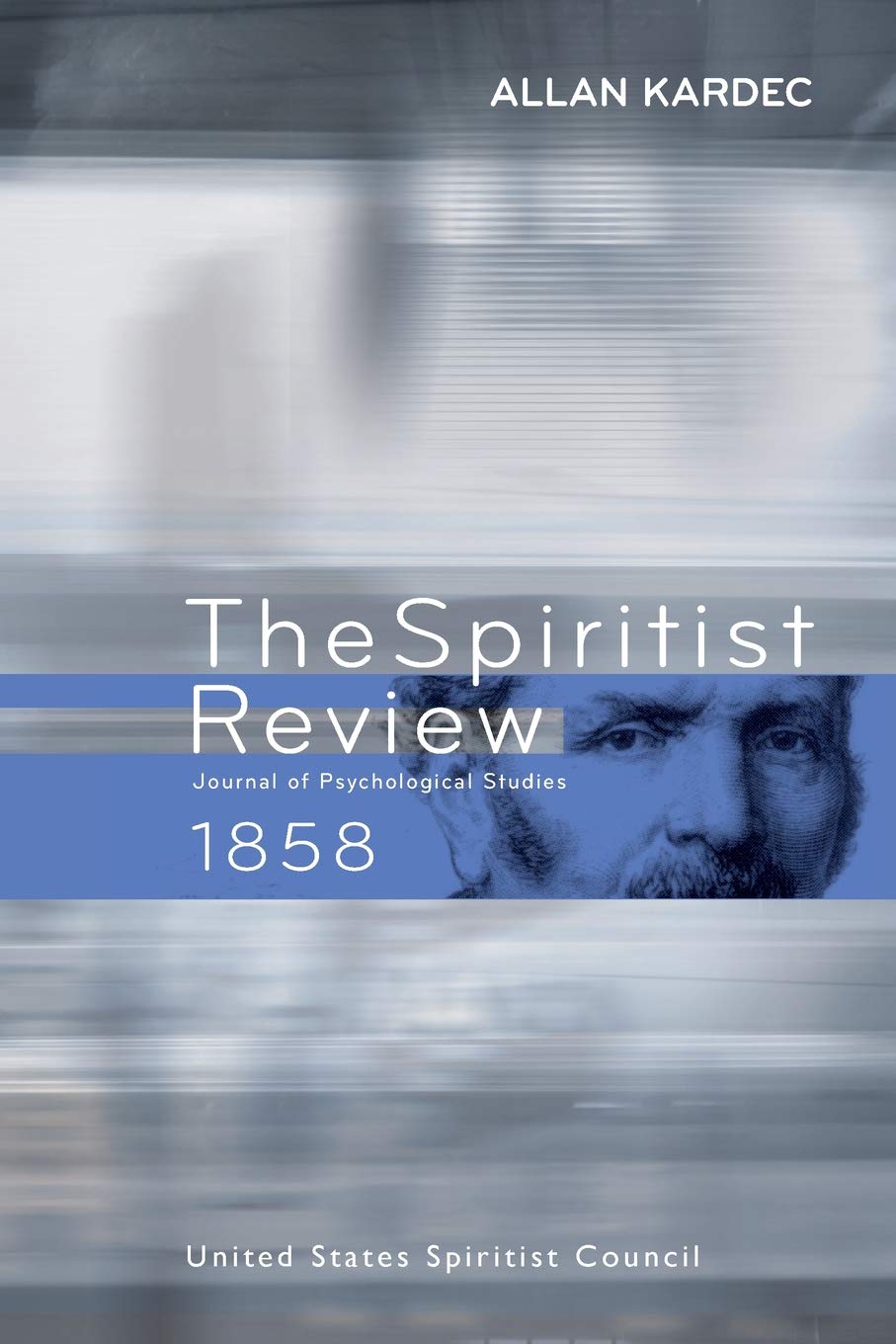The Foundational Books of Spiritism
The most effective way to learn about Spiritism is by reading the foundational books compiled by Allan Kardec. These works present the core principles of Spiritism, conveyed through communications from Higher Spirits and supplemented by Kardec’s commentary. Some of the books are structured in a question-and-answer format, which helps clarify complex topics such as reincarnation and the destiny of spirits in the spiritual world.
Below is a brief overview of each of these foundational books:

The Spirits' Book
Originally published in 1857, The Spirits' Book is the first work by Allan Kardec on Spiritism and remains a central reference in the study of the doctrine. Structured as a series of 1,019 questions and answers, the book addresses a wide range of topics related to spirituality, the nature of spirits, and the relationship between the material world and the spiritual realm.

The Gospel According to Spiritism
This book offers moral and spiritual guidance based on the teachings of Jesus, as interpreted through the lens of Spiritism. It presents reflections on selected passages from the Gospels, accompanied by commentary and messages from Higher Spirits, with a focus on encouraging inner transformation and a return to the core values of early Christianity.

The Mediums' Book
This work serves as a practical guide to Spiritist mediumship. Allan Kardec outlines the principles and methods for communicating with spirits, emphasizing the importance of discipline, discernment, and ethical responsibility. The book explores the different types of mediumship and provides detailed guidance for those interested in understanding or developing this natural human faculty within the Spiritist framework.

Heaven and Hell
This book is divided into two main parts. The first examines various religious interpretations of heaven and hell, with Allan Kardec reflecting on divine justice and questioning the idea of eternal punishment. The second part presents accounts from spirits describing their experiences in the spiritual realm, offering insights into the diverse conditions encountered after death and how each spirit responds to their circumstances.

Genesis
Miracles and Predictions According to Spiritism
Published in 1868, Genesis presents the scientific and philosophical dimensions of Spiritism and is organized into three main parts. The first section, Genesis, examines the origins of the universe, life, and spirit, including geological and spiritual perspectives. The second, Miracles, discusses the nature of so-called supernatural events through the lens of fluidic theory and natural laws. The third section, Predictions, reflects on Gospel prophecies, the evolution of humanity, and the emergence of a new era.
Continuing the Work: Kardec and Modern Spiritist Literature

In addition to the five foundational books, Allan Kardec produced other important publications that further enrich the study of Spiritism. Among them is The Spiritist Magazine (La Revue Spirite), a monthly periodical he published and edited from 1858 to 1869. This magazine served as a dynamic platform for discussing spirit communications, analyzing real-life mediumistic occurrences of the time, and responding to public interest and criticism. It often featured correspondence from readers, reports of Spiritist sessions, philosophical reflections, and firsthand accounts of spiritual phenomena, offering valuable insights into how Spiritism was developing in practice during its early years.
Another noteworthy work is Spiritism in Its Simplest Expression, a concise introduction compiled from Kardec’s responses to common questions and misconceptions about the doctrine. It presents key concepts in a conversational format, making it an accessible starting point for those new to Spiritist thought.
Beyond Kardec’s writings, the Spiritist literature has expanded significantly through the work of dedicated mediums and scholars. Notable among them is Francisco Cândido Xavier (commonly known as Chico Xavier), whose more than 400 psychographed books brought vivid descriptions of the spiritual world and profound moral teachings. Divaldo Franco, an active lecturer and medium, has contributed extensively through books and talks that spread Spiritist principles internationally. Yvonne do Amaral Pereira also left a rich legacy of psychographed works, particularly focused on the themes of suffering, reincarnation, and mediumistic experience.
Together, these contributions form a growing body of Spiritist literature that continues to deepen our understanding of the spiritual world and our moral responsibilities within it.

